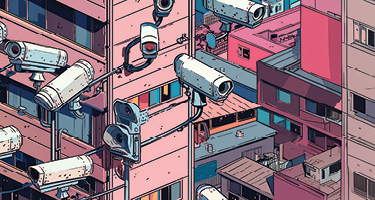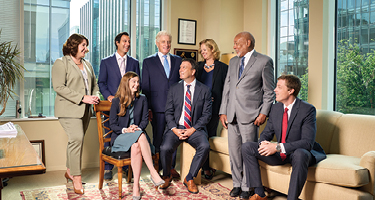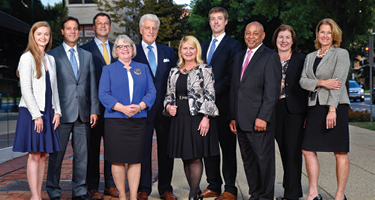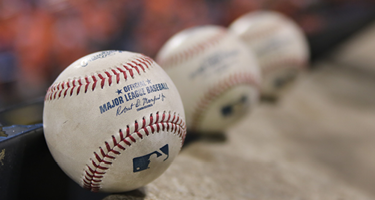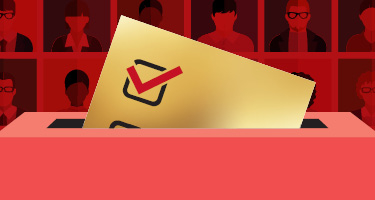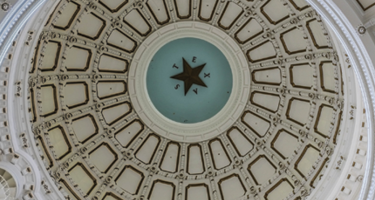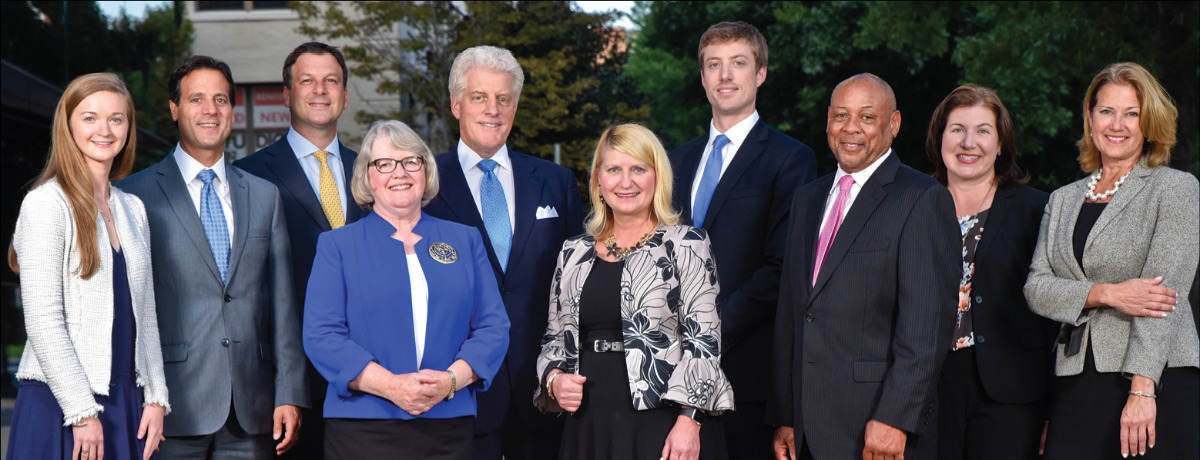As the November presidential election approaches, access to voting has been a hot topic. A Time magazine article addressed the issue of how states are battling over who gets to vote in the 2020 election. According to the article, 29 states have introduced at least 188 bills so far this year that intend to expand voting rights by making registration and absentee voting easier as well as restoring the vote to former felons.
On the other hand, in 15 mostly Republican states, legislators have introduced at least 35 bills that make voting more difficult by imposing stricter voter-identification requirements, according to an analysis by the Brennan Center of Justice, a non-partisan law and public policy institute.
One way that inhibits access to voting is voter-suppression laws that are intended to prevent voter fraud and protect election integrity. These laws take many forms, including cutting back on early voting, voter ID laws, and difficulties for people to vote when they go to the wrong precinct, according to the American Civil Liberties Union.
We talked to three recognized Best Lawyers to ask them about their take on the current state of voting.
Nathan E. Siegel
Davis Wright Tremaine
Recognized for Litigation - First Amendment Since 2013
What measures are used to restrict voting?
Voter ID requirements, purging voter registration rolls based on overbroad criteria, reducing the number of polling places, limiting early voting, and prohibiting felons from voting even after being released.
What do you think of voter ID laws?
It’s enacted to make it difficult for low-income, disabled, and elderly citizens to vote, with [a special eye] towards deterring minority voters. The claim that they are necessary to deter voter fraud is entirely a pretext because there is no evidence of any significant problem with in-person voting fraud.
How can voting rights change for the better for the long term?
Restrictive voting laws serve the same purpose as poll taxes and literacy tests did in the Jim Crow era. Two recent Supreme Court decisions had the effect of greenlighting the modern wave of voting rights suppression—a 2008 ruling upholding a highly restrictive Indiana voter ID law and a 2013 decision striking down a key part of the Voting Rights Act. I hope they may one day be revisited.
Jonathan C. Puth
Correia & Puth
Recognized for Civil Rights Law Since 2016
What is your opinion on the current state of access to voting?
Access to voting currently is woefully substandard, where poor people and minorities face hurdles to registration, and closed polling places mean that working people must endure long lines and other disincentives to vote.
What do you think of the current state of voter suppression?
Voting is the cornerstone of our democracy; every effort should be made to ensure that all citizens be able to vote. We should dismantle obstacles to voting and invest in our elections to ensure the vitality of our democratic system.
How will access to voting impact the upcoming presidential election in November?
One would hope that the current efforts to depress voter participation will backfire and motivate people to vote. With the challenges presented by the coronavirus pandemic, elected leaders should invest heavily and immediately to ensure that every citizen who wishes to vote can do so.
Matthew G. Kaiser
KaiserDillon
Recognized for Civil Rights Law Since 2018
How do state elections systems make voting harder?
They have been the target of systemic efforts to make voting harder and are chronically underfunded. When coupled with the dramatic change necessary to effectively vote during the current pandemic, it is a recipe for disenfranchisement.
What can be done to help with access to voting, especially during a pandemic?
Same-day voter registration would be a tremendous start. Or, in the pandemic, simply mailing a mail-in ballot to every registered voter in each jurisdiction would be a tremendous start.
If you have questions about voting rights or encounter obstacles to participating in elections, use the Best Lawyers Find a Lawyer tool to connect with attorneys experienced in civil rights and election law.

